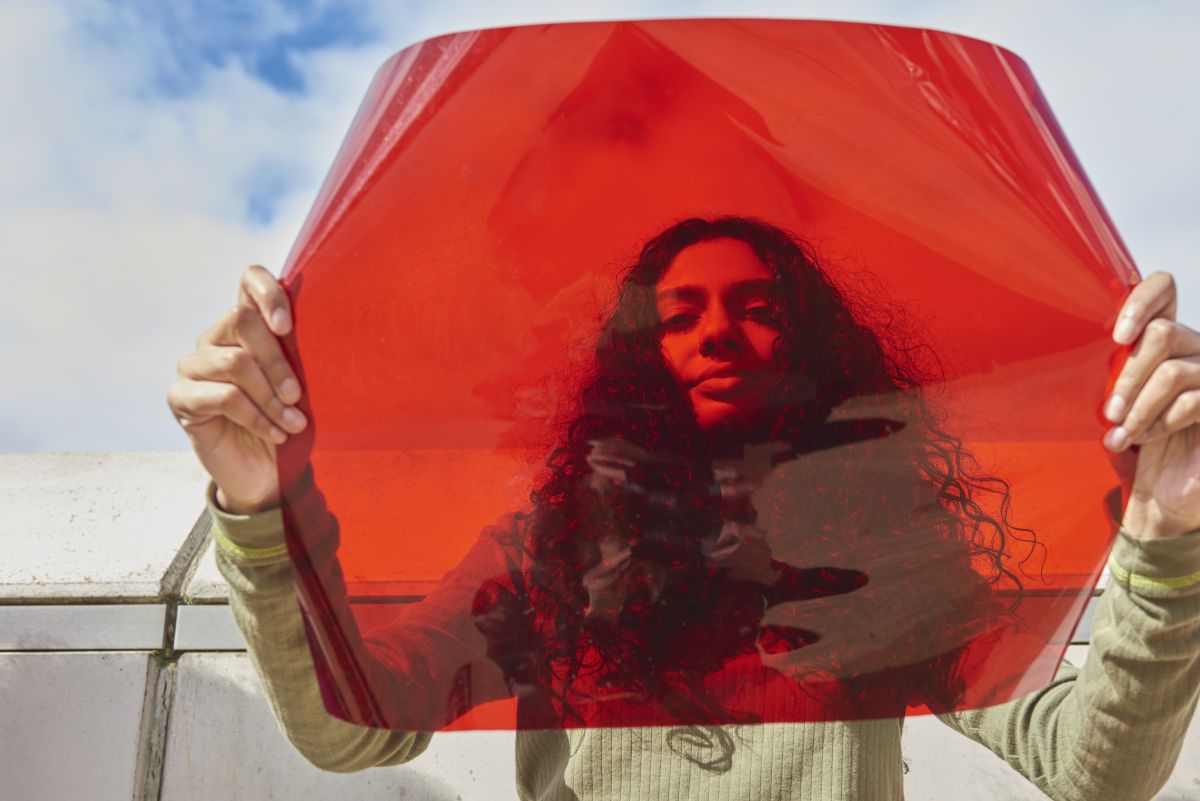
It’s time to break the taboo over periods and end period poverty
-
As many as 1 in 10 girls and women in the UK are unable to afford period products
-
Being unable to afford menstruation protection means women and girls may miss out on school or being unable to attend work
-
The Trade Union movement has made tackling period poverty a priority
It’s incredible that in 2019, periods remain a largely taboo subject in our workplaces and our society.
Which woman hasn’t made the furtive tampon up the sleeve shuffle to the bathroom?
Or seen schoolgirls slip period pads to a friend in the classroom in a cloak and dagger exercise worthy of a 007 agent?
But beyond that seemingly benign awkwardness, there is something else at play.
The mystery shrouding periods – the stigmatised nature of menstruation and the marginalisation of women’s bodies and our natural bodily functions – has led them to be neglected in healthcare policymaking, in the workplace, in our schools and on our collective bargaining agenda.
That’s why at this year’s TUC Congress, delegates unanimously passed a motion from the TUC Women’s Conference calling for tackling period poverty to be a priority for the trade union movement.
Menstruation is marginalised in the workplace
Despite affecting half of the world’s population, menstruation has been treated as a private affair.
This has enabled capitalism to fill a void, exploiting women and our bodies.
Our reproductive organs and their bodily excretions have been commodified and commercialised as companies make money out of our monthly cycle.
Those of us who menstruate need to purchase menstruation products such as tampons, pads, or panty liners.
And we all do so for the same exact reason: to manage the blood that our bodies shed from our uterine lining every month effectively and safely.
Periods are, for the most part, an inevitable and unavoidable consequence of having a uterus.
That fact, coupled with the social expectation that women shouldn’t walk around bleeding freely, leaves us no choice but to purchase feminine menstruation products monthly.
Financial burden
That represents a huge financial burden, one that is felt acutely by the most vulnerable women and girls amongst us.
Women struggling to make ends meet in low-paid, precarious work. Girls living in low income households. Asylum seekers, refugees and homeless women.
A 2017 Plan International report found that one in ten girls and women in the UK said they had been unable to afford period protection, while one in seven said they had struggled to afford it.
Union reps understand first-hand the impact that period poverty has.
Being unable to afford menstruation protection may mean girls missing out on school and women unable to attend shifts.
It can impact mental health and confidence, limiting their ability to take part in day to day activities like sports and dancing.
What can we do about it?
We can educate, agitate and organise.
We need to organise in our workplaces, in our schools, in our hospitals and in our communities so that everyone has period dignity – so that every woman can access menstruation products freely at the point of need, wherever they are.
Then we need to educate, because menstruation equality is more than an issue of access – it’s about removing the stigmatisation of periods.
As trade unionists we are perfectly positioned to do this – to opening up conversations in the workplace about menstruation and matters of reproductive health such as the menopause.
We inform and empower. It’s our bread and butter.
And we need to tackle the root cause of why some women and girls are unable to afford period products.
Entrenched structural inequality
We need to organise against poverty. And against the gendered nature of poverty.
Women are disproportionately more likely to experience poverty because of entrenched and endemic structural inequality.
More than one fifth of women (22 per cent) have a persistently low income compared to approximately 14 per cent of men.
We face additional poverty risks as a result of our lower earning power, caring responsibilities and the changing family structure.
Living in persistent poverty denies women the opportunity to build up savings and assets to fall back on in times of hardship.
Women hit hardest
After a decade of austerity, women, especially those with disabilities and from BME communities, have been hit hardest.
Changes to our tax and benefit system and public services have left the poorest families amongst having lost the most.
That’s why the trade union movement is calling for the disastrous Universal Credit system to be stopped and scrapped now.
And it’s why we’re organising for a true living wage that women and their families can live on.
We are also campaigning for a day one right to flexible work (as opposed to a right to request) so women aren’t trapped in poorly paid, insecure or part-time work.
And we will continue to put gender equality and women’s reproductive health – menstruation, maternity and menopause – at the top of the collective bargaining agenda.
Stay Updated
Want to hear about our latest news and blogs?
Sign up now to get it straight to your inbox
